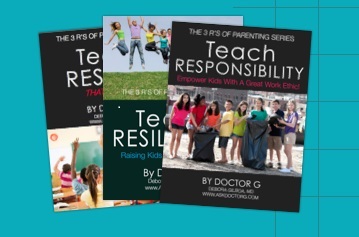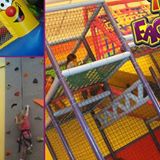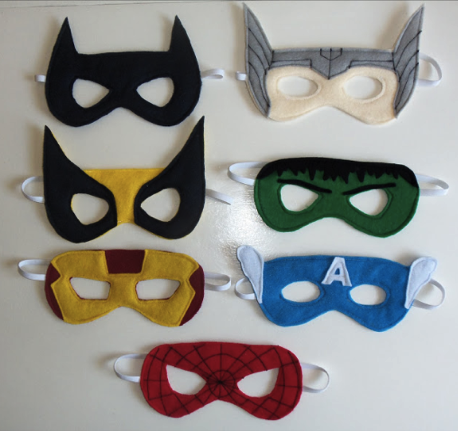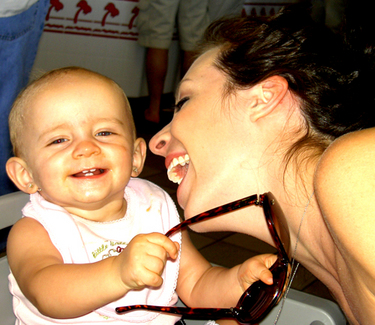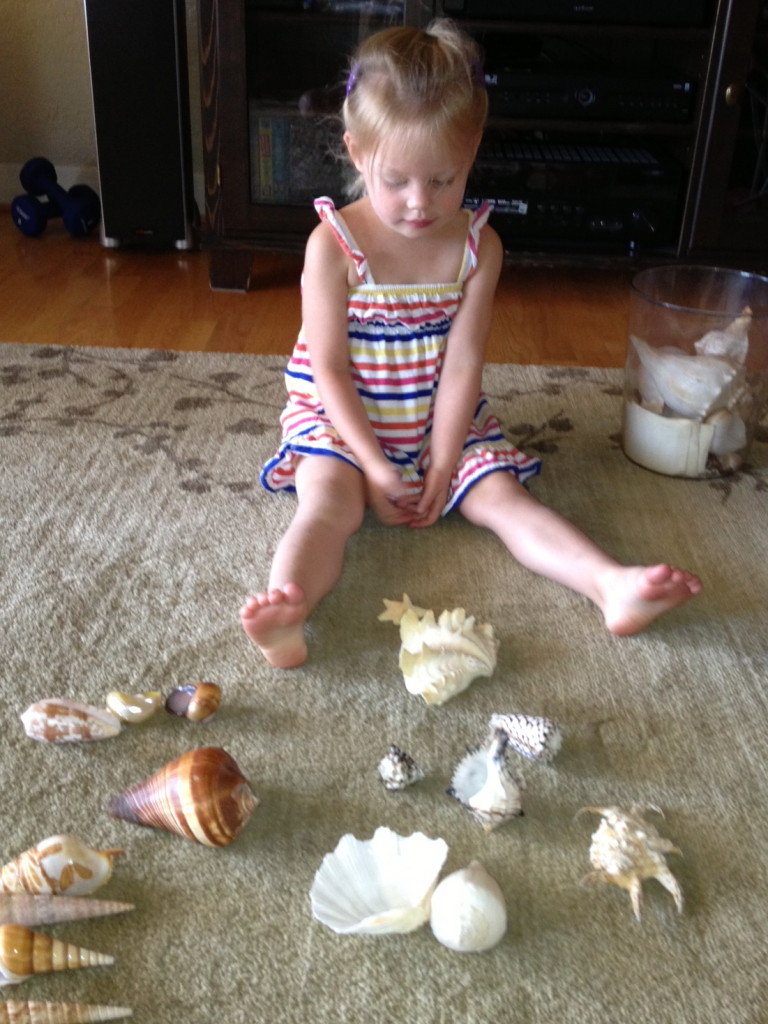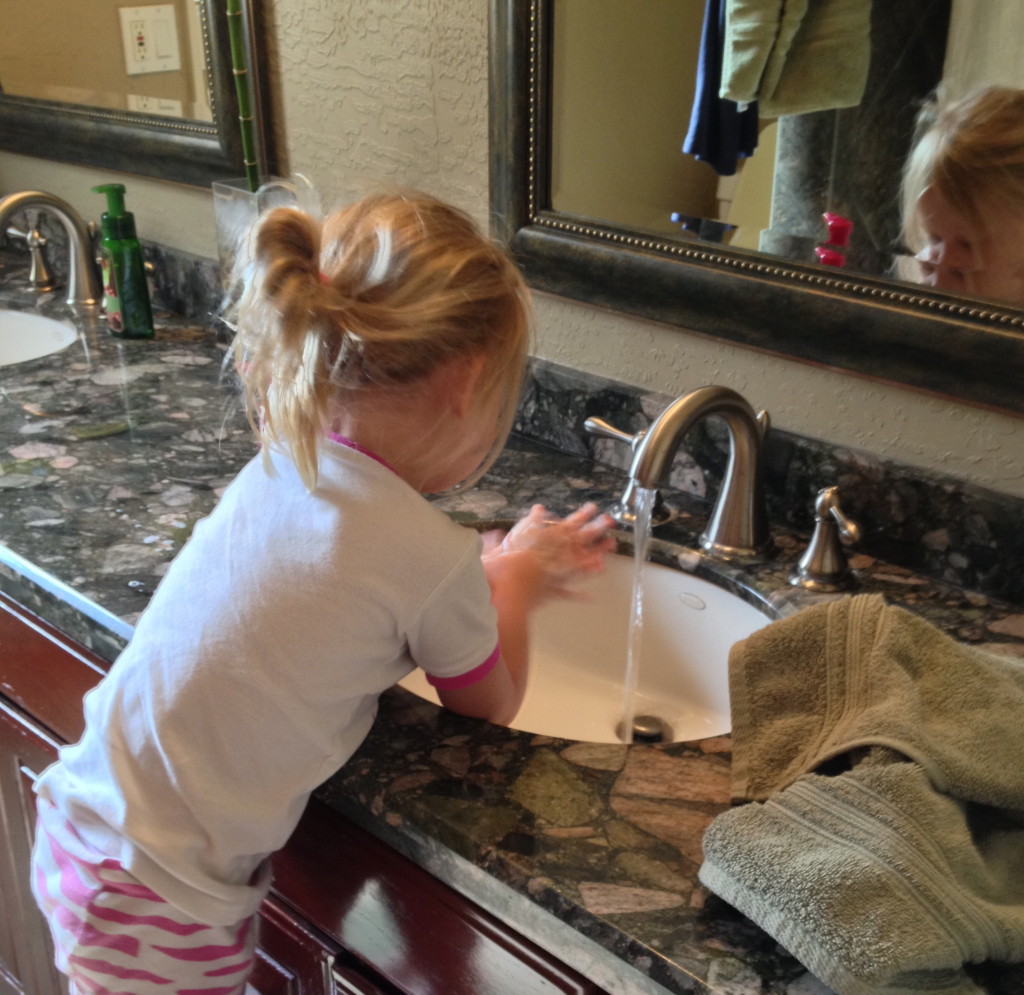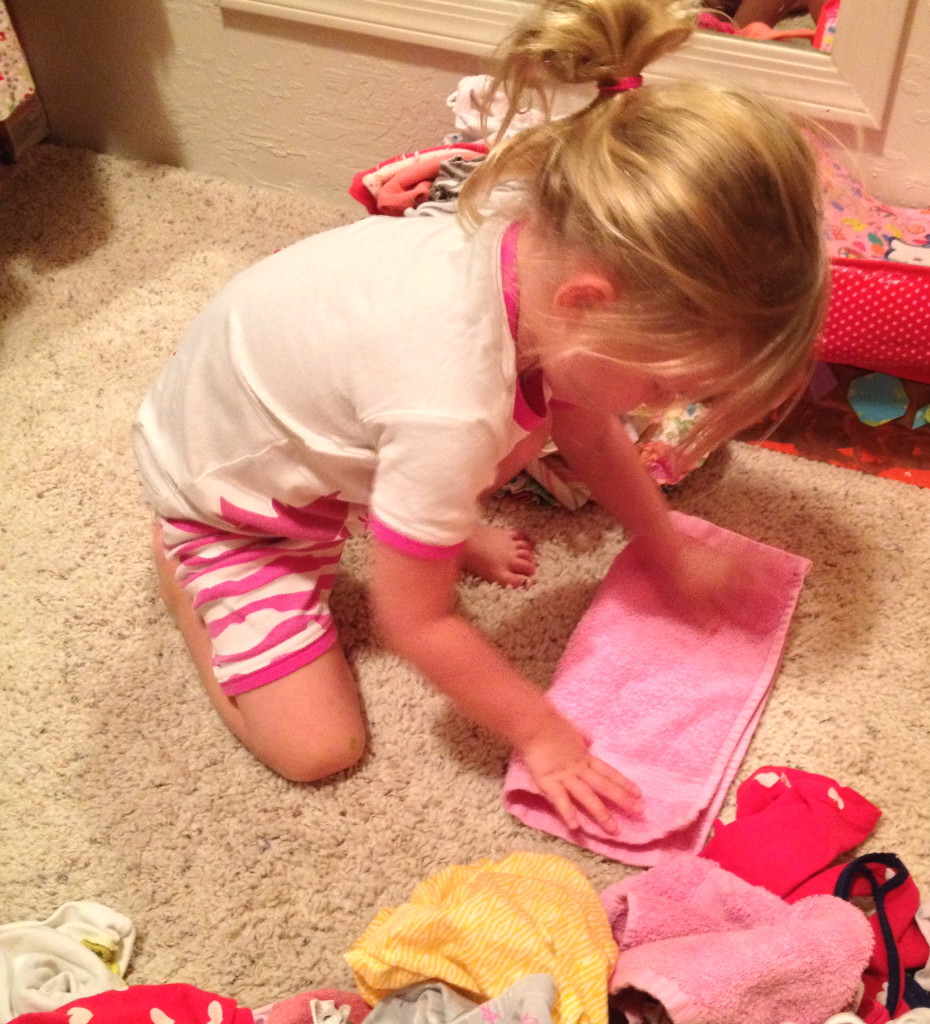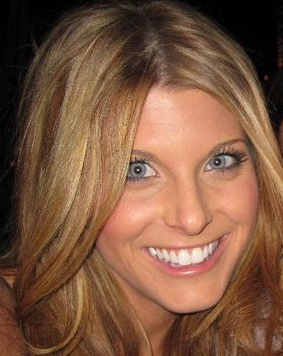
Kids love it when their parents, nannies and babysitters are calm and ‘matter of fact’. It frees them up to take responsibility for their own actions, rather than reacting to their caregiver’s emotional response. Disappointment and anger cloud the real issues. As Hal Runkle affirms in his easy to read, Screamfree Parenting, airline stewardesses instruct passengers to fit the oxygen mask to their own face before helping their children. Parents need to take care of and focus on their own behavior, so they’re able to give their children the help they need.
Research shows that a negative emotional reaction from a parent, nanny or sitter inhibits a child’s ability to manage their behavior, diminishing social skills and academic performance.
- Don’t take it personally when your children break the rules. You’ll get upset, react, then feel guilty. Next, you’ll back off from needed discipline, children will disrespect your authority even less, and go on to disobey even the most permissive rules.
- Don’t over-react. If you punish a child for an emotional display, it makes them feel they have even less control over their world, or that a big emotional display is the way to get what they want. Model self control.
- Don’t under-react. What your child needs is a curious observer. Nannies, parents and sitters need to be curious and ask questions. Get down face to face, stay calm and gentle. Be a good listener. Use a quiet tone of voice, and offer a helping hand.
- Validate the emotions they’re feeling. Don’t make light of how they’re feeling. “Awe….I’m so sorry you’re feeling angry (frustrated, tired, sad, hurt).” Commiserate with them as you would a friend. Let them know you hear what they’re saying or feeling, and continue to ask questions to find out why they’re behaving this way.
- Focus on the problem. Be matter of fact, interested, curious, and really care about their heart. As you’re asking open-ended questions, kids usually figure out a solution on their own and can see how their behavior and attitude have caused the problem.
Beth Weise






